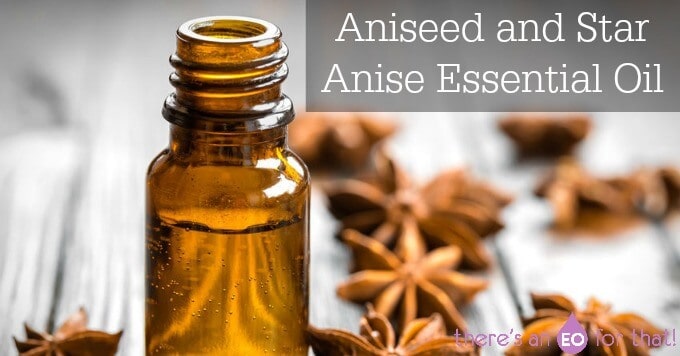
Aniseed has had some amazing attention over the centuries. It was used to scent the clothing of kings, flavor dishes spanning from ancient China to Europe in the Middle Ages, and its sale as a spice funded repairs on the London Bridge. It was even believed to prevent bad dreams if put under your pillow at night! Needless to say, anise has had well deserved recognition throughout history and is an essential oil you don’t want to miss.
The Benefits and Therapeutic Properties of Aniseed and Star Anise Essential Oil
Botanical Names
Pimpinella anisum, illicium verum, Anisum vulgare, A. officinarum
Aniseed is also known by the name sweet cumin
Star Anise is also known as Chinese anise, and Chinese star anise
Family
Umbelliferea (Apiaceae); Star Anise (Illiciaceae)
Origins
Aniseeds grow on a tender annual that’s in the same family as parsley and fennel. Its leaves are feathery soft with yellow-white flowers not unlike the delicate coriander. The seeds are ribbed, hairy, and reddish-brown with a distinctive licorice smell and flavor. Aniseed originally hails from Greece and Egypt but is now widely cultivated in Spain, France and Russia.
Star anise comes from an evergreen tree extensively cultivated in Japan, southern China, Vietnam, and India. The essential oil comes from its star like seed pods that have a strong licorice scent and flavor.
Extraction Method and Essential Oil Characteristics
Anise seed oil is distilled from the dry ripe fruit and has a clear to pale yellow oil with an intensely sweet licorice odor.
Star anise essential oil is steam distilled from the fresh or partly dried seed pods and has a pale yellow color and a sharp licorice scent.
Historical and Traditional Use
Aniseed was cultivated by the ancient Egyptians as a culinary spice and medicine for congested lungs and flu symptoms and was though to “refresh the heart”. It was used by the ancient Greeks and Romans as a “pick-me-up” by adding it to a digestive cake that was eaten after meals that also contained fennel and cumin. Egyptians used it in their millet and barley breads for the same purpose. Aniseed was later introduced to Europe by the Romans and carried across the sea to North America by early settlers.
Aniseed was even said to have been used by King Edward IV for scenting bed linens and clothing. The use of aniseed is so old in fact, it can be found in Dioscorides’ De Materia Medica (AD 78), Europe’s first authoritative guide to medicine that was used for the next 1,700 years!
Star Anise was commonly used by ancient Chinese practitioners to aid digestion, bronchitis, colds, flu, muscle aches, rheumatism, and for freshening the breath. It is an excellent remedy for dry coughs when used as a lozenge where the mucus feels stuck and it’s hard to expectorate. It is said that some even smoked star anise to alleviate bronchitis and encourage expectoration. Another common remedy used in Mediterranean countries was adding star anise to wine, called Anisette, and use it for spasmodic asthma and other bronchial ills.
Today, aniseed and star anise are widely used in candy making, baking, spice blends, beverages, and even in tobacco products. Star anise in particular is a must have herb in Chinese and Vietnamese cooking.
Chemical Components
Aniseed and Star Anise contain up to 90-95% anethole and 2-4% methyl chavicol (estragole) which accounts for their amazing antispasmodic properties.
Actions
Aniseed essential oil is known to be an excellent antioxidant and analgesic but also expresses the following therapeutic properties:
• Antiseptic – kills germs and bacteria
• Antispasmodic – helps relieve cramps associated with cramps, coughs, digestive distress, and nervousness
• Carminative – relieves gas
• Expectorant – breaks up mucus and congestion
• Galactagogue – Increases the supply of a mother’s milk
• Stimulant – Stimulates blood circulation, hormone secretions, and the release of enzymes
• Stomachic – aides the stomach by balancing bile and acid, soothes coldness
Blends Well With
Cedarwoods, Dill Weed, Fennel, Lemon, Mandarin, Peppermint, Lavender, Clary sage, Orange, Rosewood, Sandalwood, Tangerine and Petitgrain.
Aniseed and Star Anise Essential Oil Uses and Indications
Digestive System
Both aniseed and star anise are well known for their positive effects on the digestive system including the ability to relieve flatulence and calm intestinal spasms. They can also be used for treating colic and dyspepsia (aka indigestion). It’s also a great remedy for nausea and hiccups!
The Reproductive System
Aniseed essential oil can be used to increase milk flow by applying 1 drop of essential oil in 1tsp carrier oil and massaging both breasts about 40 minutes before breastfeeding for best results. Star anise can be used in much the same way. However, it is most commonly recommended to make a tea for this purpose that is taken 40 minutes before feeding time.
Both aniseed and star anise can be used to treat amenorrhea, the absence of menstruation by massaging a 2% dilution of essential oil in the carrier oil of your choice over the abdomen once daily. You can also drink the tea made by steeping 1tsp of dried herb in a mug of boiling water 3 times daily until your period returns.
Respiratory System
Since both aniseed and star anise are highly anti-spasmodic and expectorant in nature, they make for excellent remedies for any respiratory condition with copious white phlegm or mucus, wheezing, coughing, or chronic asthma.
In fact, the expectorant qualities of these two oils is greater than fennel or caraway essential oil; however, their carminative effects (anti-gas properties) are less effective.
Skin Care
Aniseed and star anise are generally not used in skin care.
Energetics of Aniseed and Star Anise Essential Oil
Both oils are described as being warming and drying and are both regenerative for the Qi (life force in the body) making them perfect of those who are chronically tired and overworked. They help restore the adrenals, strengthen the constitution, and ease chronic illnesses associated with burn out.
Personality Profile
The warming spicy scent of both aniseed and star anise are uplifting for the mood and calming for the mind. They are particularly good oils to use for those of us who are introverted, fearful, withdrawn, frigid, or melancholic in nature.
These oils help you overcome depressive states of mind by opening up emotional blocks and recharging vital energy.
How to Use Aniseed and Star Anise Essential Oil
Aniseed and star anise can be used topically for massage or by diffusing it, direct inhalation from the bottle, or by using a vaporizer.
The German Commision E Monographs suggest that aniseed can be taken internally (0.3g) as an expectorant for upper respiratory conditions or as an aid for indigestion.
One source says:
A drop of anise essential oil on a teaspoon of sugar will restore equilibrium to an acutely out-of-whack autonomic nervous system.
- Schnaubelt K. Advanced Aromatherapy
Safety
The safety of aniseed and star anise essential oil is conflicting, but it is difficult to believe that aniseed is so toxic considering its wide use internally and the only contraindication being occasional skin irritation.
However, even though the oetrogenic effects are relatively weak, it is not recommended for pregnant or lactating mothers to use.
Want to learn more? Check out the Essential Oil Profiles Page!
References
Complete Aromatherapy Handbook
Essential Oil Safety
The Complete Guide to Aromatherapy
The Encyclopedia of Essential Oils
Just Getting Started? Check out the articles below:
Angelica Root Essential Oil
Beginners Guide to Essential Oils- Part 1
How to Make an Adrenal Support Roll-on Blend
Homemade Flavored Toothpick Tutorial
References
Complete Aromatherapy Handbook
Essential Oil Safety
The Complete Guide to Aromatherapy
The Encyclopedia of Essential Oils

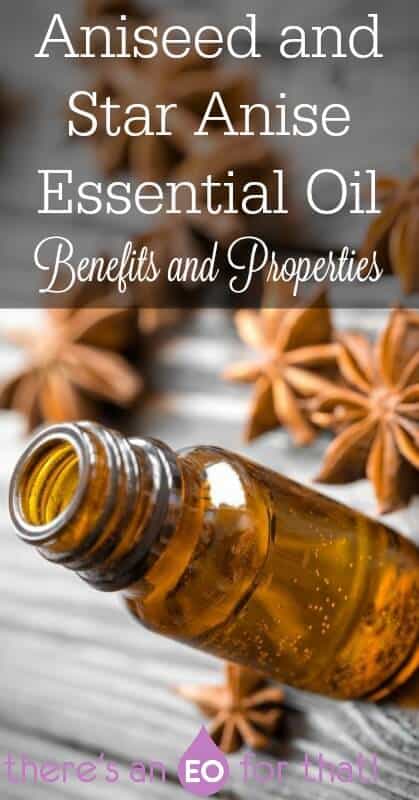
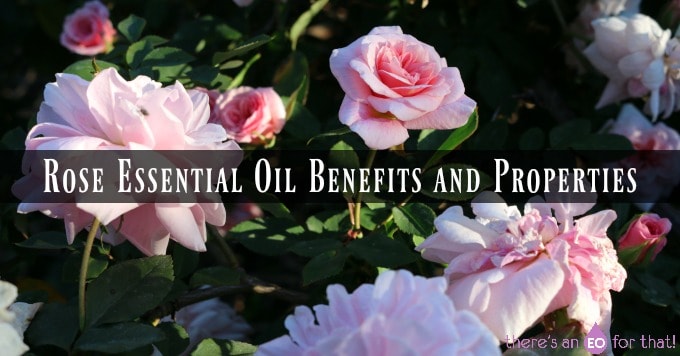
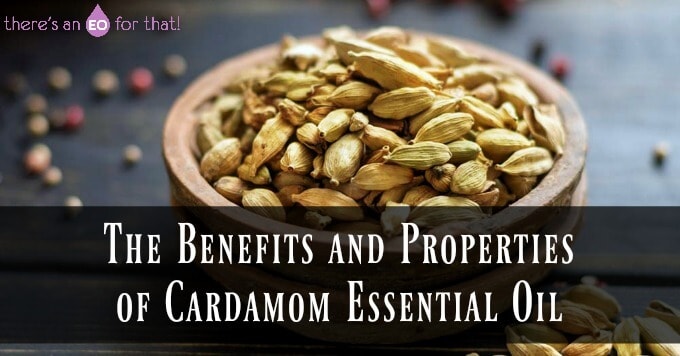
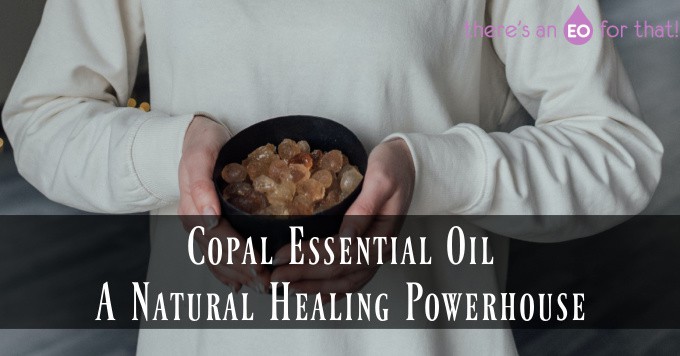
BestFrancisca says
I have noticed you don't monetize theresaneoforthat.com, don't waste your traffic, you can earn extra cash every month
with new monetization method. This is the best adsense alternative for any type of
website (they approve all websites), for more details
simply search in gooogle: murgrabia's tools
Lindy says
I love making aniseed lipbalm, it's amazing for keeping your lips cold sore free all winter!
Tash says
Hi Lindy!
That's awesome and sounds amazing! My husband would enjoy that since he's a huge fan of black licorice!